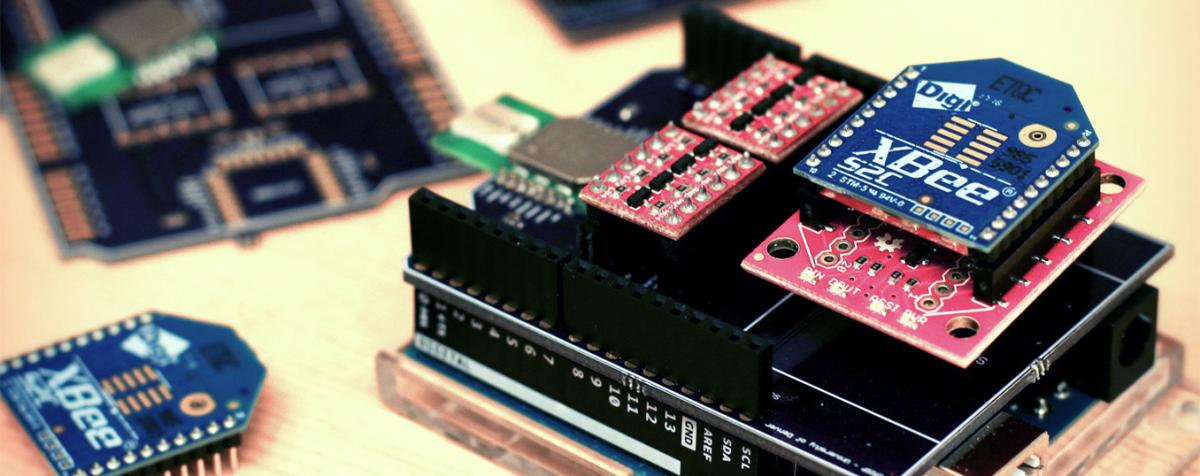While increased access to technology enhances our lives, it also presents significant threats to personal information and confidential data. That increased access, along with the speed at which technology develops, has made cybersecurity one of the world's most important emerging industries. Our MS in cybersecurity program focuses on teaching you how to think strategically, ask the right questions and address cybersecurity challenges in any context. Courses in the MS in Cybersecurity provide you with a comprehensive understanding and tools across the cybersecurity domain, including:
- Protecting security information systems and infrastructure
- Detecting, countering, recovering, and preventing cyber incidents
- Ensuring availability and integrity of data resources
- Assessing security risk across information systems
- Understanding and affecting cybersecurity policy
Your learning will be reinforced with practical, hands-on projects with industry partners, giving you several opportunities to apply your skills in real-world settings. A previous background in computer science or cybersecurity is not required to apply. If you have previous coursework in computer science theory and systems, it will take you less time to complete your degree. Industry experts predict a 35% growth rate in cybersecurity jobs from 2021-2031, our graduates come out of school ready to enter the workforce and impact the field.
Featured Courses
COMP 4723
Ethical Hacking
About this Course
Ethical hacking is the process of probing computer systems for vulnerabilities and exposing their presence through proof-of-concept attacks. The results of such probes are then utilized in making the system more secure. This course will cover the basics of vulnerability research, foot printing targets, discovering systems and configurations on a network, sniffing protocols, firewall hacking, password attacks, privilege escalation, rootkits, social engineering attacks, web attacks, and wireless attacks, among others. Prerequisites: COMP3361 or Permission of Instructor.
COMP 3731
Computer Forensics
About this Course
Computer Forensics involves the examination of information contained in digital media with the aim of recovering and analyzing latent evidence. This course will provide students an understanding of the basic concepts in preservation, identification, extraction and validation of forensic evidence in a computer system. The course covers many systems level concepts such as disk partitions, file systems, system artifacts in multiple operating systems, file formats, email transfers, and network layers, among others. Students work extensively on raw images of memory and disks, and in the process, build components commonly seen as features of commercial forensics tools (e.g. file system carver, memory analyzer, file carver, and steganalysis). Prerequisites: COMP 2355.
COMP 4721
Computer Security
About this Course
This course gives students an overview of computer and system security along with some cryptography. Some network security concepts are also included. Other concepts include coverage of risks and vulnerabilities, policy formation, controls and protection methods, role-based access controls, database security, authentication technologies, host-based and network-based security issues. Prerequisite: COMP 3361.
Application Information
Take the first step toward your academic career at the Ritchie School and start your application today!
Fall 2024 Priority Deadline




